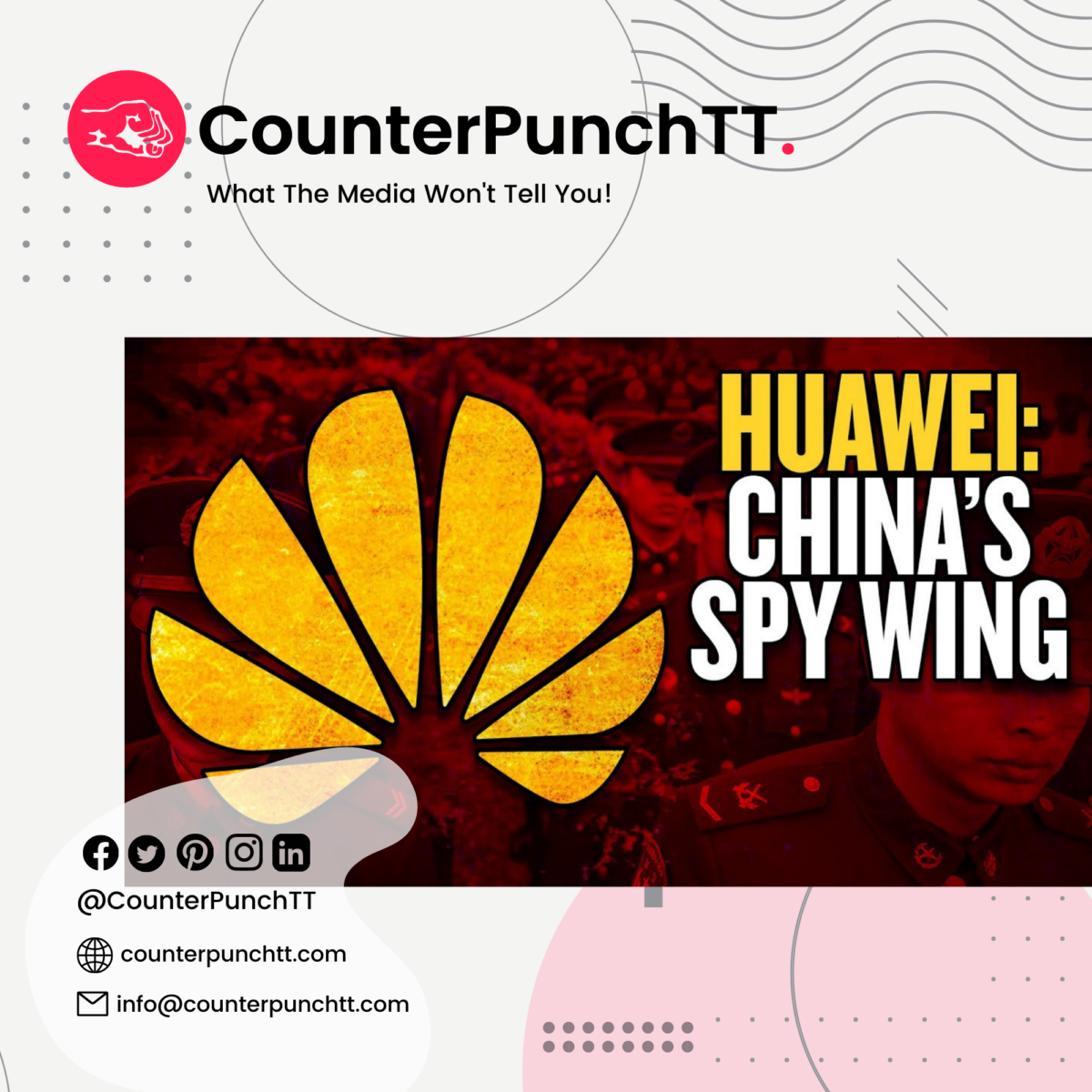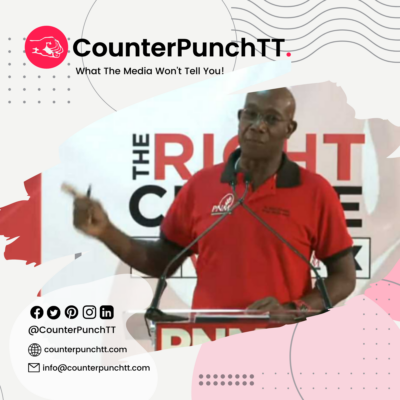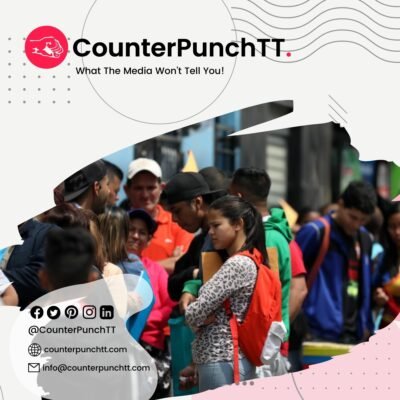HUAWEI telephones are banned in the United States and other countries, but the Ministry of Education has teamed up with the Chinese firm to advance its network in Trinidad and Tobago.
US President Joe Biden has accused the telecommunications corporation of using its wireless network equipment to enable surveillance by the Chinese Government.
The American administration claims that Huawei – the largest global manufacturer of 5G (Generation) – has utilised its telecom gear to spy and threaten national security.
As a result, Huawei smart phones are not available in the US, and there has been a rigorous ban on software technologies and chip designs.
In January, the Americans brought charges against Huawei of trade secrets conspiracy, attempted theft of trade secrets, wire fraud and obstruction of justice.
The ban on the telecommunications giant is at the centre of a developing technology war between the US and China.
The US has also accused China of having sinister designs in the Caribbean and of attempting to destabilise America in its virtual backyard.
One diplomat said that “the US perceives China as a threat to its interests and influence in the Caribbean.”
T&T is of strategic interest because of its geographic proximity to South America and especially Venezuela. (See our earlier stories.)
Huawei has set up a growing commercial business in Port of Spain, and has established close ties with the Rowley Government.
The latest manifestation is the collaboration between Huawei and the Ministry of Education in launching “ideahub boards for schools.”
Education Minister Dr. Nyan Gadsby-Dolly hailed Huawei for donating 100 tablet devices and 10 “ideahubs” in schools.
After years of providing infrastructure to local telecom firms, Huawei began expanding its T&T operations a few years ago through the sale of smart phones.
Huawei’s industrial clients include Telecommunications Services of Trinidad and Tobago (TSTT), which is 51 percent owned by the government.
Huawei, therefore, has access through phones and fibre-optic lines to sensitive personal and proprietary data transmitted in T&T.
Privileged information – such as communications among Cabinet ministers – pass through Huawei’s hardware.
The Chinese company is also capable of tapping into conversations among businessmen, diplomats, politicians – anyone!
As part of its outreach in T&T, the company has provided scholarships to tertiary students, under a programme titled Seeds for the Future.
Former US Ambassador to Jamaica Donald Tapia has stated that if that Caribbean country utilises Chinese-developed 5G technology, America would be unwilling to provide aid during times of natural disaster.
The reason, according to Tapia, is that the 5G network could give China an “opportunity to download all the data that we (the US) have.”
The envoy asked: “Would you rather be under the umbrella with China or under the umbrella with the United States?”
US Commerce Secretary Wilbur Ross said that “appropriate long-term measures” are to be determined for companies that “currently rely on Huawei equipment for critical services.”
Respected analyst David Jessop of the think tank Caribbean Council said the “Huawei decision… marks the start of an economic and technology-led cold war.”
Huawei products are also prohibited or curtailed in several other countries, including Brazil, Australia, Canada, Denmark, Germany and France.
Other countries are currently weighing whether to ban the network over concerns about spying.
T&T, which has several loans and other financial ties with the Chinese authorities, is getting closer to a telecoms corporation that Biden has placed on a blacklist amid fear of cyber-attacks.




